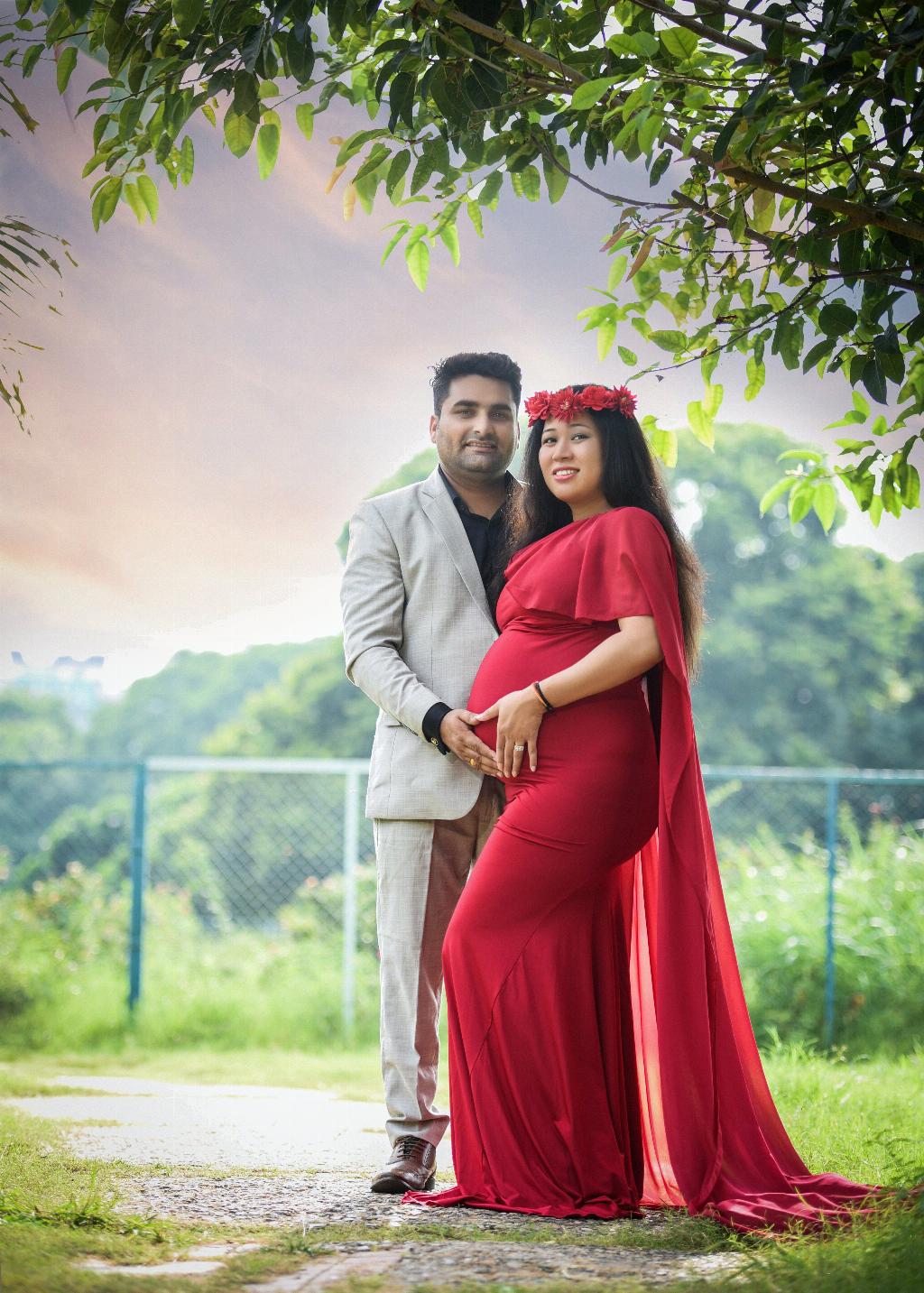When it comes to pregnancy, understanding the duration of each trimester is crucial for expectant mothers and their healthcare providers. The journey of pregnancy is divided into three trimesters, each with its own unique characteristics and milestones.
The First Trimester (Week 1 to Week 12)
The first trimester marks the beginning of pregnancy, starting from week 1 and lasting until the end of week 12. This period is often accompanied by early pregnancy symptoms such as morning sickness, fatigue, and hormonal changes. During the first trimester, the baby’s major organs and structures begin to form, making it a crucial time for fetal development.
The Second Trimester (Week 13 to Week 26)
As the first trimester comes to an end, the second trimester begins at week 13 and lasts until the end of week 26. This is often considered the “golden period” of pregnancy, as many women experience relief from early symptoms and an increase in energy levels. During the second trimester, the baby’s growth accelerates, and expectant mothers may start to feel the first kicks and movements.
The Third Trimester (Week 27 Until Birth)
The third trimester kicks off at week 27 and continues until the moment of birth. As the baby grows rapidly in the final weeks of pregnancy, expectant mothers may experience increased discomfort, frequent trips to the bathroom, and difficulty sleeping. This trimester is crucial for the baby’s final growth and development before entering the world.
Important Milestones and Considerations
Throughout each trimester, expectant mothers are likely to have regular prenatal visits with their healthcare providers to monitor the baby’s growth and overall health. It is essential to stay informed about the changes happening in the body during pregnancy and to seek medical advice if any concerns arise.
Preparing for the Arrival of the Baby
During the third trimester, many expectant parents start preparing for the arrival of their baby by setting up the nursery, attending childbirth classes, and creating a birth plan. It is natural to feel a mix of excitement and nervousness as the due date approaches, but being well-prepared can help ease any anxieties.
Maintaining a Healthy Lifestyle
Throughout all three trimesters, maintaining a healthy lifestyle is essential for the well-being of both the mother and the baby. This includes eating a balanced diet, staying active with prenatal exercise, getting enough rest, and avoiding harmful substances such as alcohol and tobacco.
Emotional Changes and Support
Pregnancy can bring about a range of emotions for expectant mothers, including joy, anxiety, and mood swings. It is important to acknowledge and address these feelings, seeking support from loved ones, healthcare providers, or pregnancy support groups if needed.
Birth and Labor
As the due date approaches, expectant parents may have discussions with their healthcare providers about birth options, pain management techniques, and what to expect during labor. It is helpful to have a birth plan in place that outlines preferences for the birthing experience.
Celebrating the Journey of Pregnancy
Each trimester of pregnancy is a significant chapter in the journey of becoming a parent. From the early signs of pregnancy to feeling the first kicks and finally welcoming the baby into the world, every moment is a celebration of new life and the bond between parent and child.
Conclusion
In conclusion, understanding the duration of each trimester during pregnancy is essential for expectant mothers to navigate this transformative experience with knowledge and confidence. By staying informed, seeking support, and prioritizing self-care, the journey of pregnancy can be a truly remarkable and rewarding time in a parent’s life.

